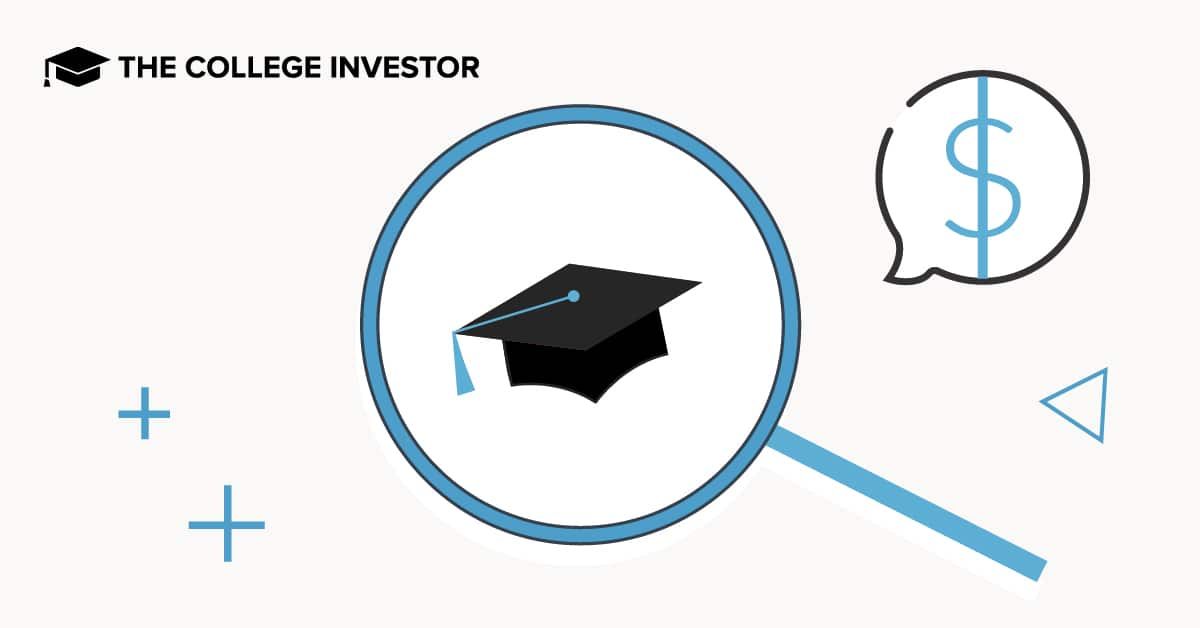
In recent years, over $1 billion in student loan debt has been forgiven for students attending for-profit colleges or other institutions that may have misled them during their enrollment process. This significant step towards financial liberation for many comes amid numerous claims and lawsuits highlighting unethical practices within some educational establishments.
These instances of debt relief largely stem from borrower defense to repayment claims, closures of educational institutions, and various legal actions. The Biden Administration has significantly contributed to this effort, marking the most student loan debt forgiveness by any president to date. This initiative has assisted over 200,000 borrowers, providing a crucial financial breather amidst challenging times.
Determining eligibility for loan forgiveness poses a complex challenge for many. However, a comprehensive list of qualifying colleges has been made available, shedding light on educational institutions recognized under borrower defense to repayment, the Sweet v. Cardona settlement, or other cancellation agreements with the Department of Education. This list not only guides affected individuals in seeking redress but also in understanding the extent of recognized wrongful practices in the education sector.
However, it’s crucial to acknowledge that not all listed schools are currently for-profit. Some have transitioned to non-profit status over the years, reflecting a dynamic educational landscape. This transition underlines the evolving nature of educational institutions and the importance of continual scrutiny to safeguard students’ interests and investments in their futures.
The scope of forgiveness under various plans and settlements is notably broad, covering over 155 schools and colleges. This wide-ranging impact signifies a substantial effort to rectify misrepresentations and legal violations that have burdened countless students with unwarranted debt.
Among the notable names involved in settlements and recognized for potential forgiveness are prominent chains and institutions that have played significant roles in the for-profit college industry. These include Corinthian Colleges, with its associated schools Everest, WyoTech, among others, highlighting the complex web of ownership and operations that challenge transparency in the educational sector.
Furthermore, the legal framework supporting these forgiveness avenues, such as the borrower defense to repayment and closed school discharges, offers a beacon of hope for many. It emphasizes the government’s commitment to addressing and amending the detrimental impacts of misleading practices within certain educational institutions. Specifically, these programs aim to cancel federal student loans for students deceived by these institutions, ensuring a form of restitution for affected individuals.
Despite these progressive steps, the journey towards comprehensive loan forgiveness faces legal hurdles and appeals, casting uncertainty over many borrowers’ futures. The recent approval of the Sweet v. Cardona agreement by a judge in November 2022 marked a pivotal moment, only for it to encounter immediate appeals, indicating a prolonged legal battle ahead. Yet, as the 9th Circuit Court of Appeals allowed loan forgiveness to proceed by mid-2023, a glimmer of resolution shines for over 128,000 class members, with more anticipated to benefit in the foreseeable future.
These unfolding events stress the importance of affected individuals keeping their information up-to-date with loan servicers and exploring official channels for loan forgiveness applications to avoid falling prey to pervasive scams exploiting vulnerable borrowers. The emphasis on navigating these processes through legitimate, free government resources underscores the ongoing fight against exploitative practices and the quest for justice and relief for impacted students.
Source





